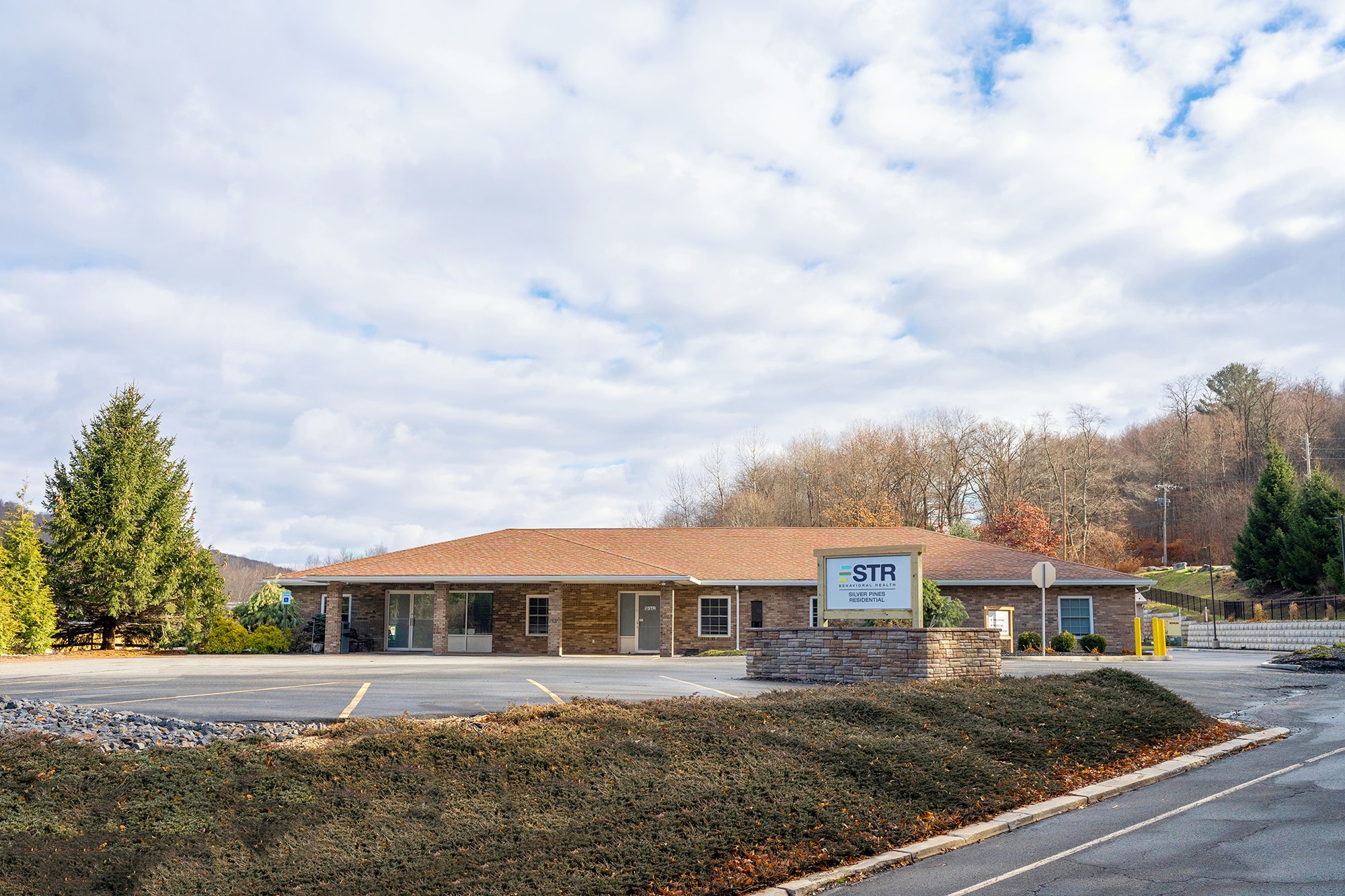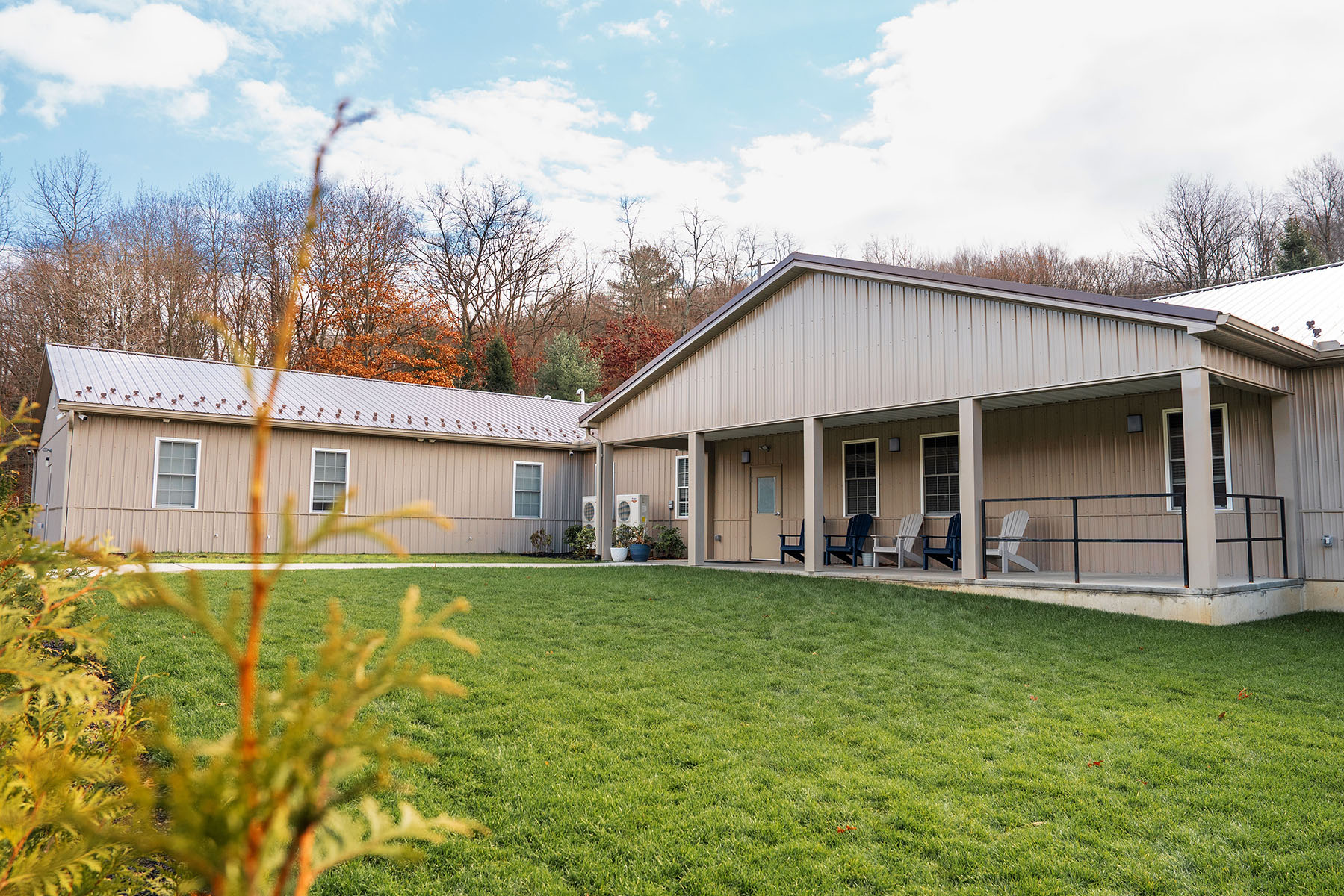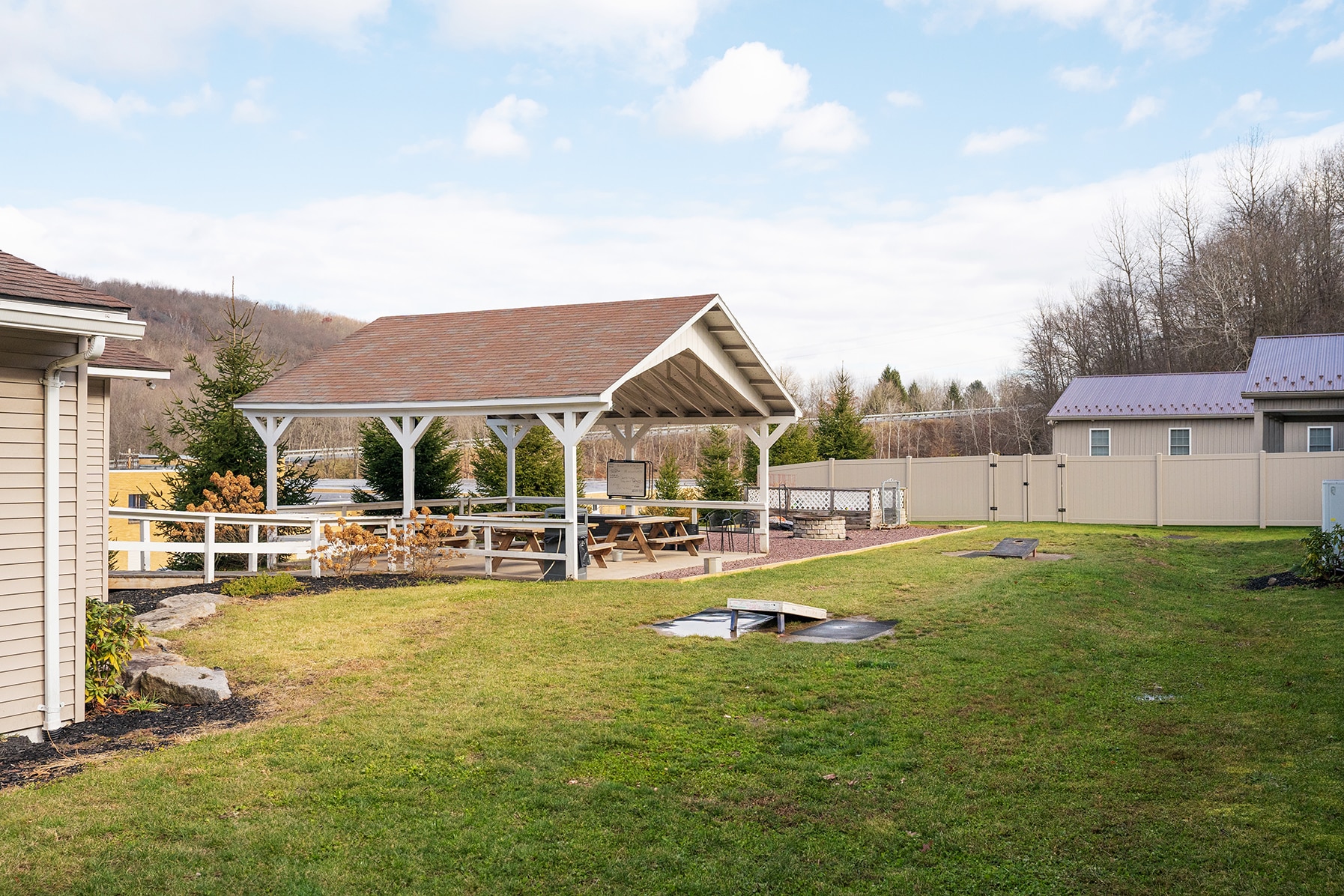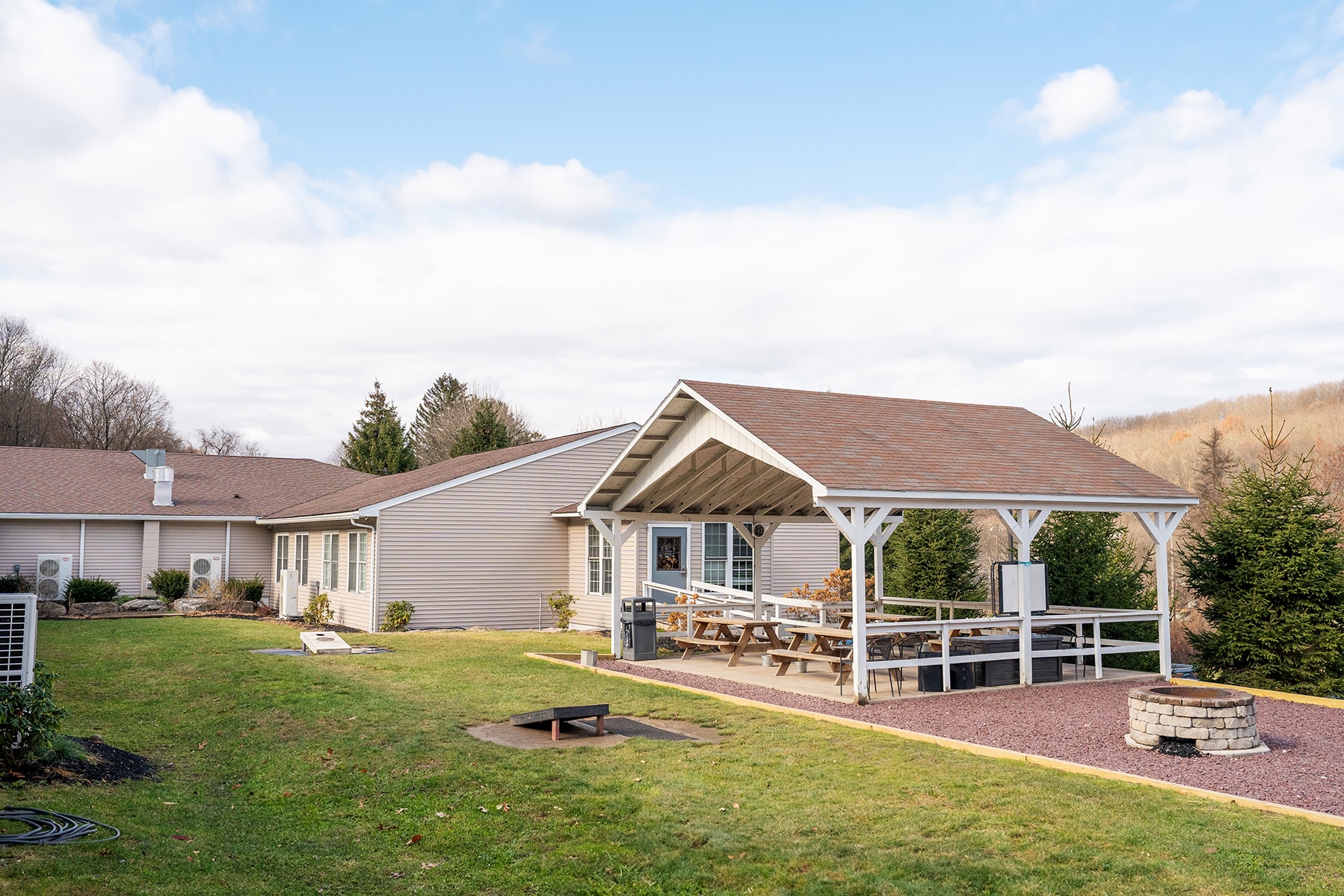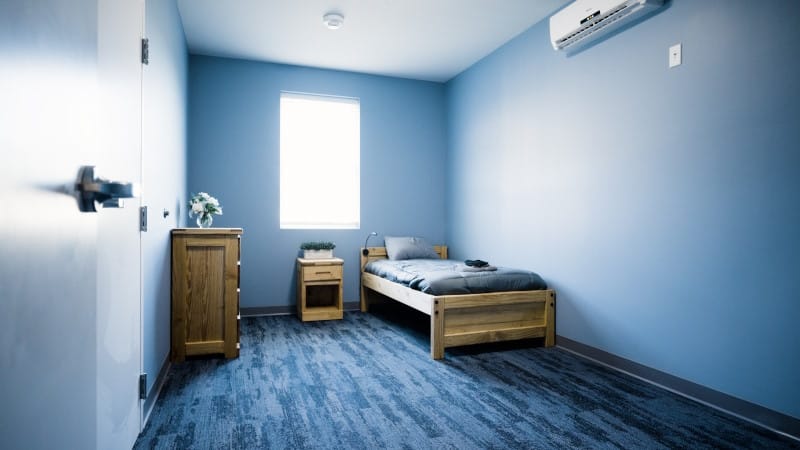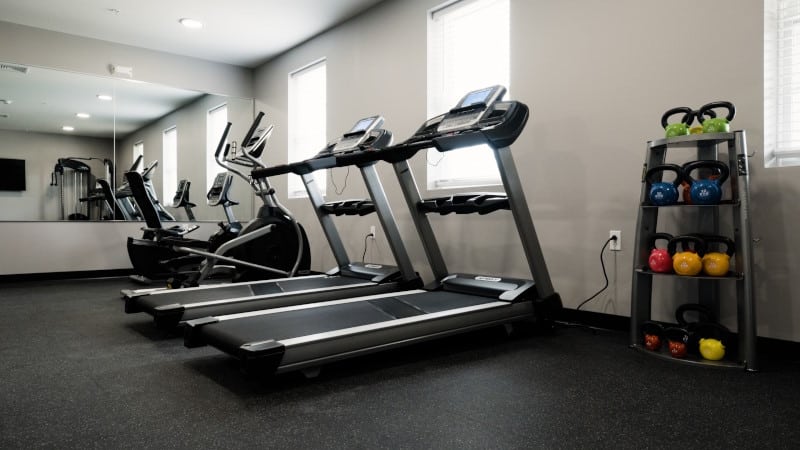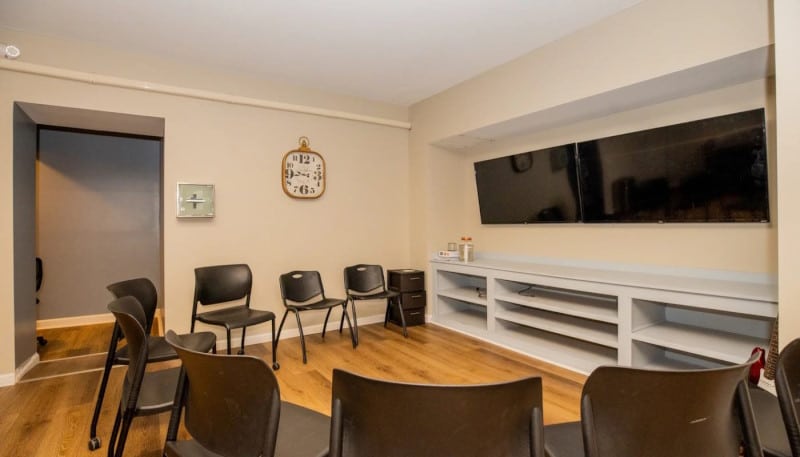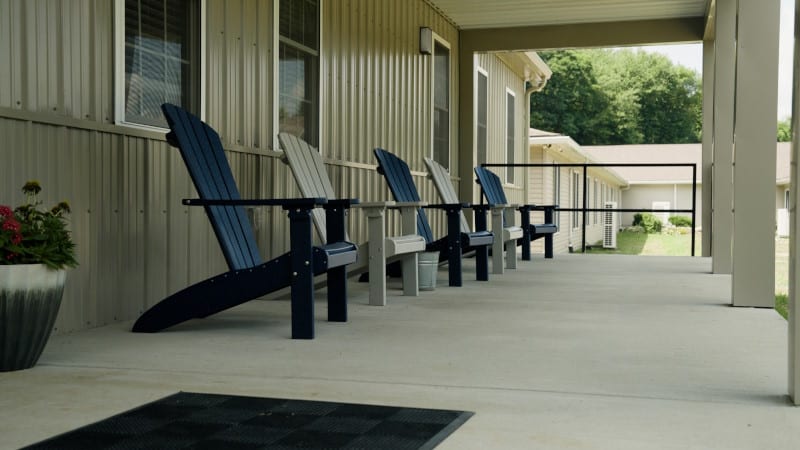STR Behavioral Health – Silver Pines
Addiction and Mental Health Treatment in Mahanoy City, PA
Silver Pines Treatment Center
Home // STR Behavioral Health – Silver Pines
Program Overview
STR Behavioral Health - Silver Pines
At Silver Pines, we treat a wide range of substance use disorders and co-occurring disorders using evidence-based approaches, tailored to the unique needs of each individual. Not only do we provide individualized and integrated care meant to ensure sustained recovery, but the campus offers amenities and is nestled just south of the beautiful Pocono Mountains in Pennsylvania.
What We Treat and Our Treatment Approaches
At Silver Pines, we treat a wide range of substance use disorders and co-occurring disorders using evidence-based approaches tailored to the unique needs of each individual.
How We Treat
Gallery
View photos of STR Behavioral Health – Silver Pines
Addiction Recovery Programs
We offer a detox program followed by residential addiction treatment in a safe, caring, and compassionate setting, providing personalized support at all stages of recovery.
Detox Program
Our detox program is twofold and includes medication-assisted detox and social support. Detox includes a full history and physical as well as a psychiatric assessment for each client within 24 hours of admission. Our registered nurses provide monitoring and are available for assessments and treatment 24/7.
Residential Addiction Treatment
Our comprehensive residential treatment program allows individuals to address the root cause of their substance use. At Silver Pines, we take a whole-person approach with a focus on helping each client make connections that will support them in their recovery. Based on each client’s needs, we create individualized treatment plans designed to educate, motivate, and ensure sustained recovery.
Silver Pines is in-network with Aetna, Allied Trades, Capital, Cigna, Geisinger, Highmark & Blue Card, UPMC, Humana, Magellan Health, Mental Health Consultants, Optum and Quest. We also can work with most major private insurance providers on an out-of-network basis and accept private pay.


Nutrition Program
Unlike other detox programs, at Silver Pines, we not only provide a full-service kitchen but also offer self-serve/open eating. Our self-serve/open eating lounge is available to our clients 24/7 and is stocked with homemade and easily prepared comfort foods. Our full-service kitchen is led by our Executive Chef, who’s also a certified nutritionist. Additionally, each client can receive a nutritional assessment and customized meal plan designed by a licensed dietician.
Family Program
Our Family Program guides families along every step of their journey by providing education and intervention with authenticity and integrity. Not only does our program help families who have a loved one in treatment, but it also helps prepare them for life after treatment. We offer family therapy sessions, in-person family education, process groups, and virtual support groups for our client’s loved ones.
LGBTQ+ Services
Silver Pines is nationally recognized by the Human Rights Campaign as a leader in providing services to the LGBTQIA+ community. We offer specialized process groups designed to allow the LGBTQIA+ community a safe, friendly, and open environment to share their stories. Our staff is trained to meet the specific needs of LGBTQIA+ individuals and provides a welcoming, safe environment. Visit the Healthcare Equality Index on the HRC website to learn more about what it means to be an affirmative treatment provider.

Holistic Services
At Silver Pines, we provide holistic approaches to residential treatment that support physical wellness, emotional balance, and spiritual connectivity via individualized addiction treatment plans. Our holistic therapy provides a path to wellness that includes exercise, nutrition, self-care practices, intellectual self-discovery, healthy interpersonal connections, and spiritual integration based on each client’s needs. We encourage each client seeking freedom from addiction to investigate which combination or nuances of our holistic therapy approaches could support continuous recovery for them. The various types of holistic therapy that we offer include:
- Aromatherapy
- Earth-centric spirituality practices
- Meditation techniques breathwork
- Mindfulness studies and recovery Dharma
- Reiki
- Relaxation techniques
- Shamanic healing practice
- Sound therapy
- Spiritual counseling and intuitive development
- Therapeutic drumming
- Reiki
- Wellbriety movement meetings

 LGBTQ+ Services
LGBTQ+ Services
As a provider of substance use disorder treatment and mental healthcare services to the LGBTQ+ community, we understand that an inclusive and affirming environment is critical to recovery. Our staff is trained to meet the specific needs of LGBTQ+ individuals and provides a welcoming, safe environment. Visit the Healthcare Equality Index on the Human Rights Campaign website.

